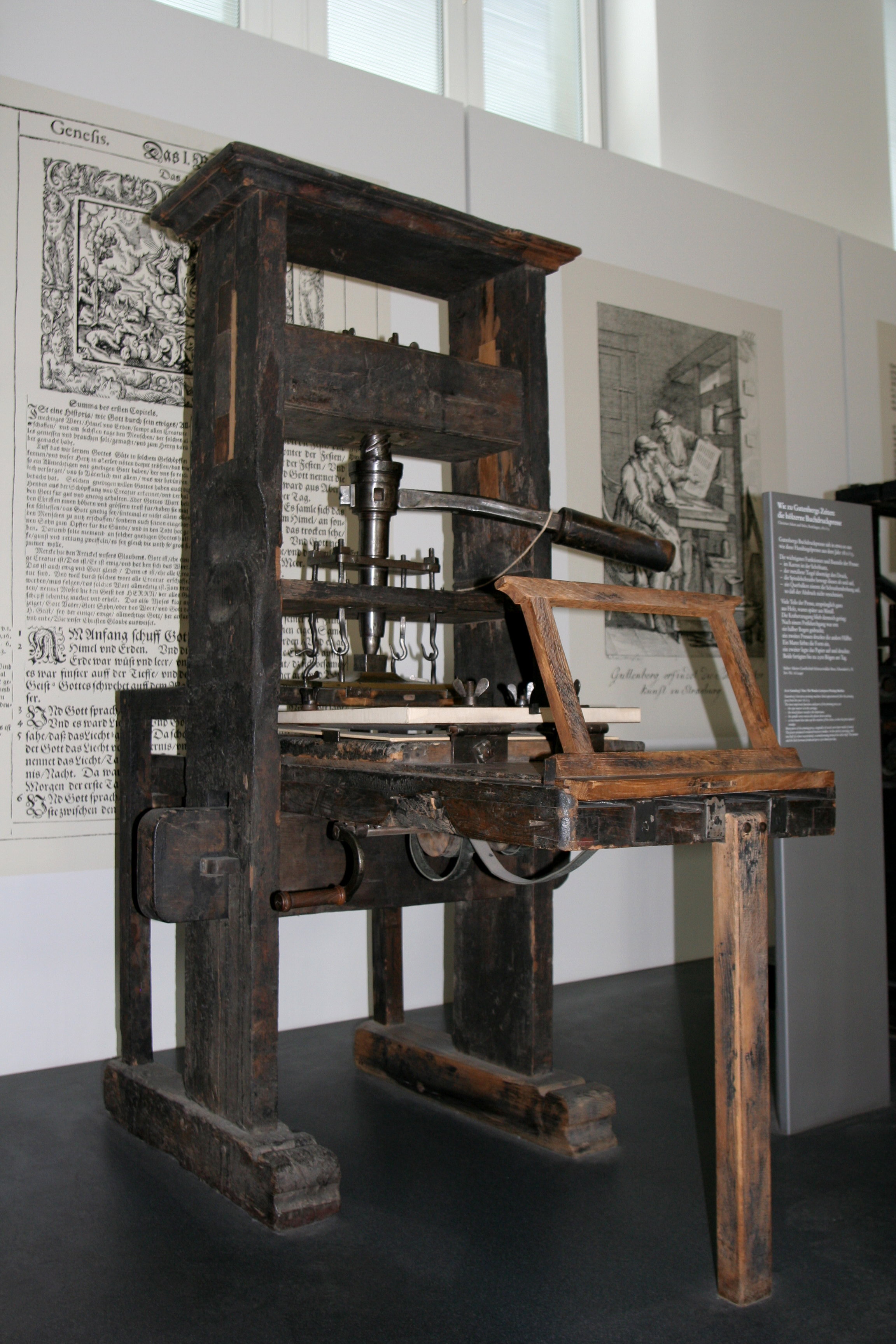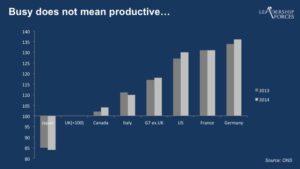For any organisation to be successful over the long-term, it must be prepared to fight the battles of the future.
The dispute between the RMT Union and Southern Rail has been bringing misery to many commuters in the South East. The dispute revolves around the need for a second person to control the opening and closing of the doors.
I am not going to get into the details of the dispute because I don’t think there is any value in arguing over who is right or wrong. No one ever changed his or her mind because of a comment on the Internet.
The issue here is that technological change replaces jobs.
This is not new.
When Johannes Gutenberg invented the printing press in 1440, there would have been Monks that would have suddenly found themselves out of a job. They probably would have fought this change arguing that ‘knowledge must be controlled’ and cannot be democratized. Their voices have been drowned out by the wave of progress.

Technology has always replaced jobs and it will continue to do so.
My son is only a few months old. Sometimes, I look at him and wonder what sort of career he’ll end up having. When I think about that in the context of UAV and drone development, I don’t believe that he’ll have the option to be a commercial pilot.
As technology develops faster than human evolution, the bag of bones, blood and organs will become the limiting factor. Machines can already drive trains and fly planes safely. Soon, we will have autonomous vehicles on the roads.
This presents a far greater opportunity than a risk. In a few years, the car that is sat on your driveway will be able to go out and work as a taxi earning you a passive income. The personal car could go from being a liability that costs money to an asset that earns an income whilst you sleep.
For many tasks, the human is the limiting factor. Machines can do many things safer and more efficiently than a human who is limited by the need to sleep and eat.
This type of change should not be viewed as a threat. Trying to fight a changing tide will see you forced into redundancy – like the monk fighting the printing press.
A New Direction
Instead coaching , I believe that Unions should broaden their horizons and look towards the professional services industry and the issue of work life balance.
People are working harder than they have ever done before. The lines between work and home life have blurred with many people starting the day by checking their work emails from bed.
With all this extra activity, you’d think that our productivity would be booming.
But it’s not – it’s actually in decline. According to the ONS, GDP/hour in the UK ranks a lowly 6th out of the G7 Countries – and it’s getting worse!
We are working harder than ever, yet getting less done.
This is a problem that needs attention. I believe that the Unions could make a real difference but it would involve some radical thinking.
Paying people for time has existed since the industrial revolution. We still pay people based on a 37.5hr working week.
But time is irrelevant in the professional services industry, which contributes towards around 80pc of our economic output.
Forget time and focus on output.
Measure someone on their results not the hours that they work.
Some companies are already starting to do this; Netflix garnered a lot of attention by allowing their people to take unlimited amounts of leave. It’s a start but there is plenty more room for improvement.
If the Unions focussed their time on helping people and businesses improve productivity, we’d get more done and achieve a greater work-life balance.
It would be a great win:win for the employee and the business.
This type of thinking would require a radical break from the past. It would require an understanding and embracing of technology and changes it will bring.
Flexible working, the gig economy and zero hours contracts are unlikely to disappear soon. Instead, Unions should be looking at how they can embrace these changes whilst helping people achieve the work life balance they want.
Unions have benefitted employees enormously over the years. They’ve brought us terms and conditions that we now take for granted.
But if they want to stay relevant, they need to start fighting the battles of the future and grow their membership amongst the vast numbers of professional service employees.
Embrace change or become the monk.
Save
Save
Save
Save
Save
Save

